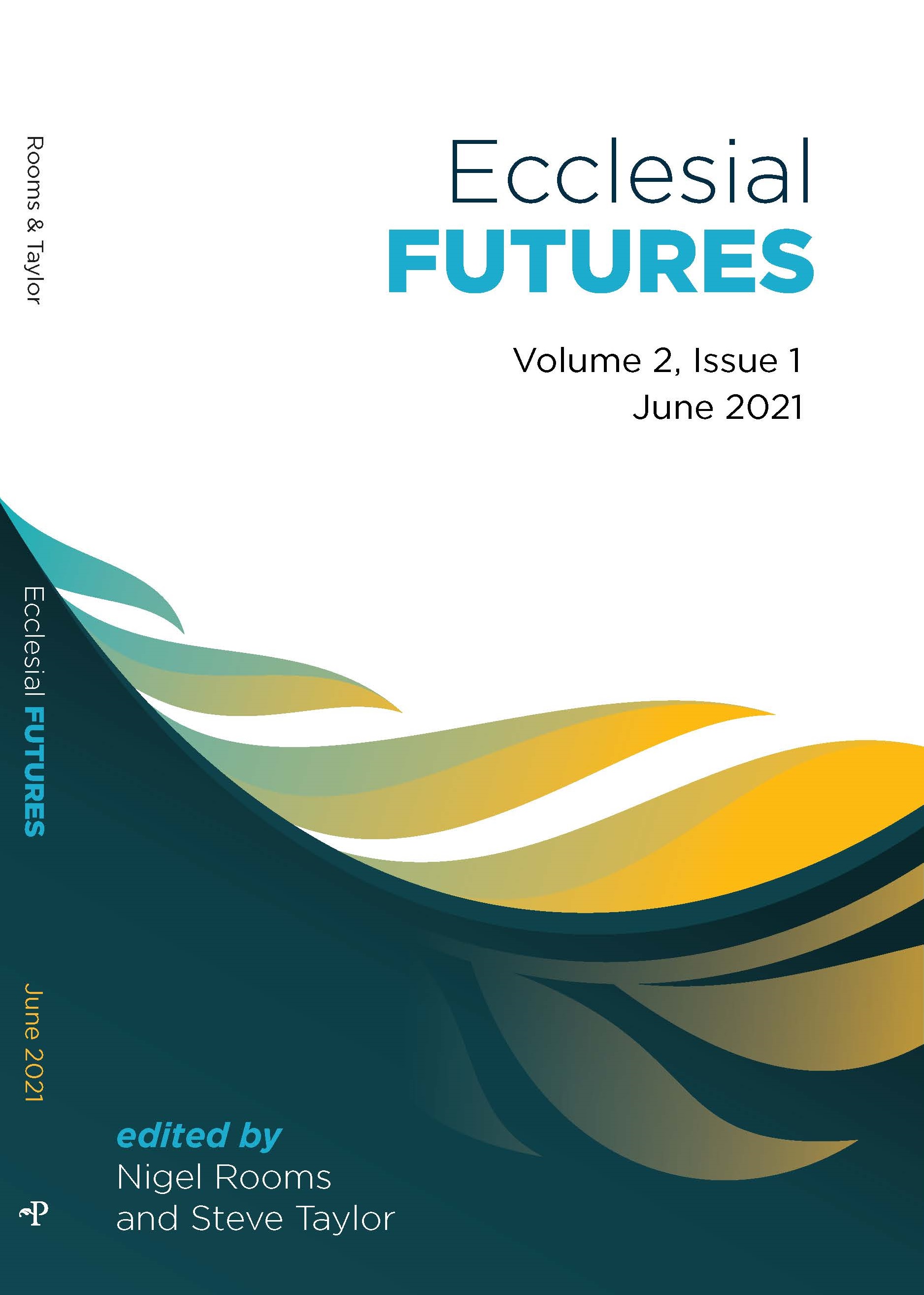My Pilgrimage to the Missional in South Africa
DOI:
https://doi.org/10.54195/ef11889Abstract
The Dutch Reformed Church in South Africa at its 2013 General Synod made a bold resolution—to be a missional church. This resolution was not only an acknowledgement of past failures, but also a commitment to deep and lasting reform. In this article one of the pastors (and leaders) of the church tells this story from a personal, biographical perspective. It is a story of learning and growth and conversion. In this story we see how historical occurrences, personal experiences, reading the Bible and theology, meetings and conversations with friends and strangers and friendships, old and new, can help people change their minds. We also see how being missional is not only bound up with our understanding of scripture and theology, but also with the context in which we live and work. It becomes very clear that it is impossible to isolate the missional work of the church from the political, social and economic realities in which we live. We also see that being missional should not be romanticized as an ideal situation. Most of the time being missional is conducted in the messy chaos we call life.










